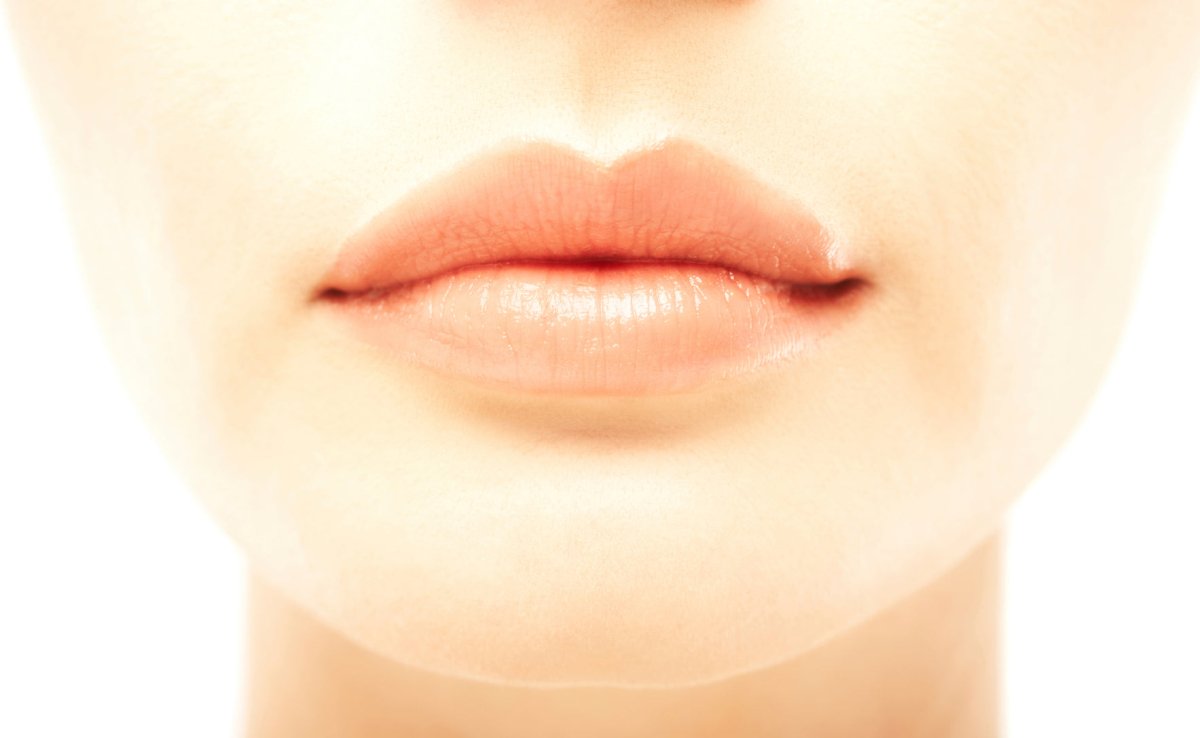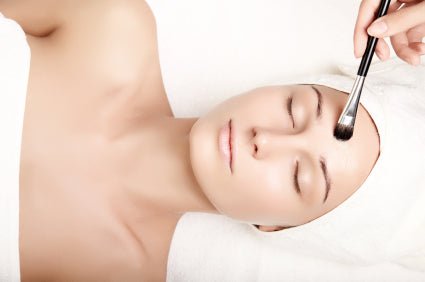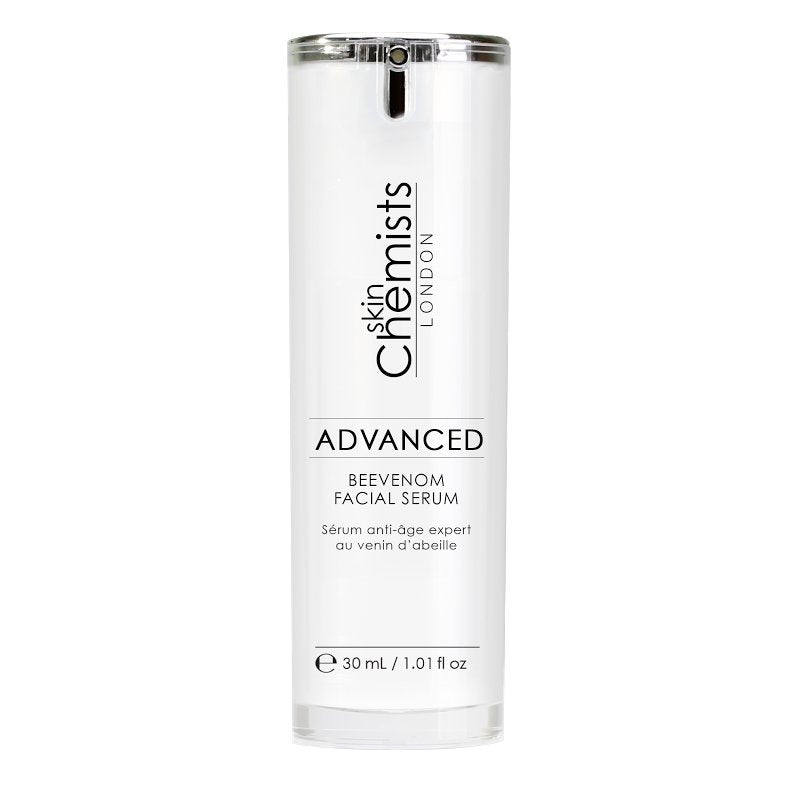
Love Your Lips
Without your lips, you wouldn't be able to whistle, you wouldn't be able to pronounce the letter “p”, and you wouldn't be able to kiss the people you love.
Not only are they important, but beautifully unique – unlike any other part of the human body. Although every living thing has a mouth and lips, we humans are the only creatures with a strikingly defined, rosy lip line (known as the vermilion border). Your lips are said to be a factor when choosing a mate, so it’s important to take good care of them!
It’s not just a happy coincidence that we have lovely pink or reddish lips – it’s actually your blood vessels that you can see below the surface of the skin.
Your skin is made up of three layers:
- The epidermis, the outer later with a protective covering called the stratum corneum
- The dermis, the layer beneath the epidermis, made up of connective tissue. This is the part that contains all the wonderful components of your lips such as the collagenous, elastic and reticular fibres
- The hypodermis – not technically a part of your skin, but the layer that attaches your skin to the bone and muscle underneath.

All of your skin is made up of these layers, your lips included, however the thickness varies enormously from area to area. The skin on your lips is a fraction of the thickness to, for example, the skin on your arms. This means your blood vessels are closer to the surface, and thus visible.
Since this is a bit of a science lesson, it’s also worth mentioning that unlike the skin on your body, the skin of your lips lack the glands that secrete sweat and important oils that moisturise and hydrate. In fact, the only source of moisture that your poor lips have access to naturally is from saliva – so it’s no surprise that they can get dry and chapped from time to time.
Not only do your poor lips have to battle dehydration, they are also constantly exposed to irritants. From the tip of your tongue, to harsh weather and environmental pollutants, your lips are always in a state of recovery.
But don’t panic! There are many ways that you can rescue tired and lifeless lips – it’s simply a matter of replenishing the moisture and vitamins to boost the rejuvenation of the skin, leaving you with smooth, supple smackers. Vitamin B and E are important for healthy lips and skin, and can be found in foods like eggs, whole grains, nuts and seeds. Avoid products that contain ingredients such as salicylic acid, menthol and camphor, high levels of fragrance and silicone. All these things sap the moisture from your lips and provide no nutrition to the skin.
Petroleum jelly, paraffin and beeswax are fantastic as a lip balm. They create an extra layer on the skin which locks in precious moisture and protects the lips from wind and irritants. It will not, however, generate any new moisture or provide nutrition for the lips, so though it’s vital that you use a product that contains one of the three, it is advised you seek one with further ingredients such as Aloe Vera, lanolin or oils and butters, such as skinChemists Advanced Lip Nutrition Repair.
It’s also a well-known and sad fact that as you get older, your body produces less and less collagen – the critical protein for plump, supple lips. What does this mean? It means that your lips will slowly become and thinner less defined (particularly with the added exposure of UV light).
But before you put your favourite lipstick into retirement, there are many innovative products out there to revive and plump your pout! Try a wrinkle specific lip therapy for a long term solution for ageing lips, such as skinChemists Wrinkle Killer Lip Therapy. Or, for more immediate results seek out a plumping lip treatment. For a regular day in the office, try applying a layer of skinChemists Lip Plump before your lipstick – or for a devilishly daring pout, experiment with skinChemists Lip Plump Extreme!

